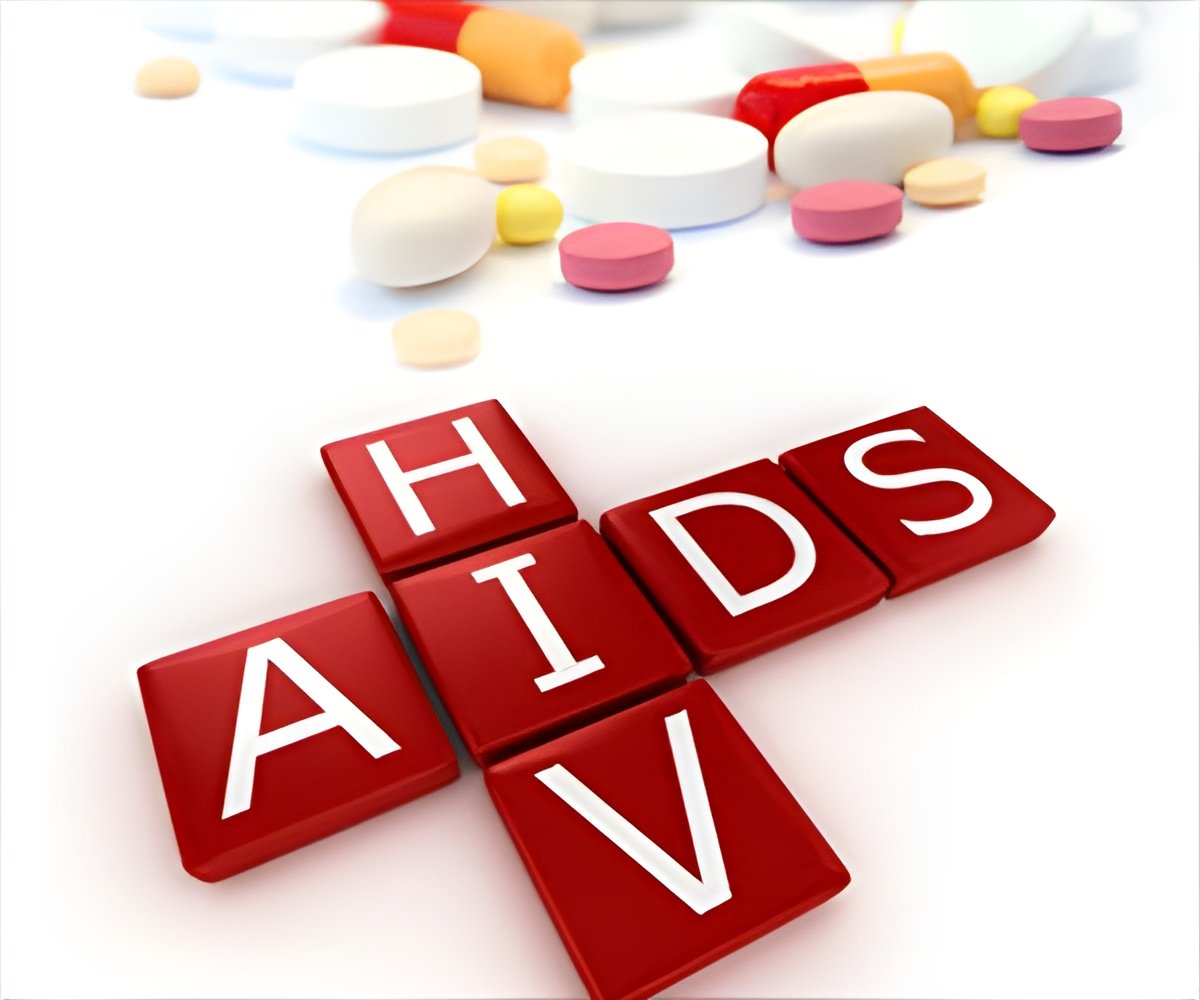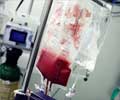During a blood transfusion, doctors in Russia accidentally infected a 16-month-old girl with HIV, said investigators, opening a criminal probe into the case.

It opened a criminal investigation into "providing dangerous services to children", an offence carrying a maximum sentence of six years in prison.
The child underwent a transfusion after an operation for life-threatening peritonitis which she developed after doctors took a week to realise that she had swallowed six magnets from a toy.
The girl, named in media as Daniella, will now face lengthy anti-retroviral treatment after contracting the virus which causes AIDS, while still needing a further operation.
The error apparently occurred because doctors did not realise the batch of blood was still in quarantine while undergoing testing for HIV, Russian television reported, citing state officials.
The chief doctor at the city's blood transfusion centre, Vladimir Krasnyakov, told Channel One television that the doctor carrying out the transfusion picked a batch of blood without noticing that it did not have a permit for use.
Advertisement
The woman who donated the blood did not realise she was HIV positive, officials said.
Advertisement
"The woman was examined and her blood was sent to quarantine. There was a suspicion in this case that the blood was infected with HIV."
Russia's children's ombudsman Pavel Astakhov wrote on his Twitter account that anyone found guilty of negligence must be "identified and harshly punished."
Russia has screened donor blood for HIV since 1987, and there have since been fewer than 50 cases of infection from transfusions, Vadim Pokrovsky, director of the Russian federal AIDS centre, told RIA Novosti news agency.
Those who receive HIV-infected blood in a transfusion are almost certain to contract the virus.
In the latest official statistics from November last year, Russia had 703,731 people registered as HIV-positive, representing 0.4 percent of the population.
The rate of HIV infection is increasing year-on-year, with most contracting HIV from sharing needles to inject drugs.
Moscow and Saint Petersburg, Russia's largest cities, have a serious lack of blood donors and major operations are commonly delayed by the need to find supplies of suitable blood.
Source-AFP














